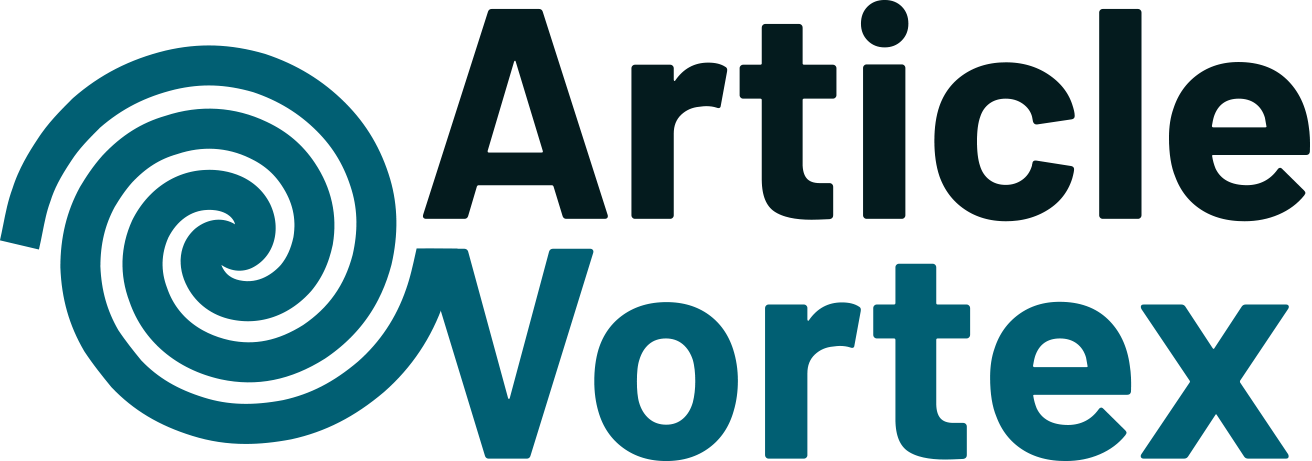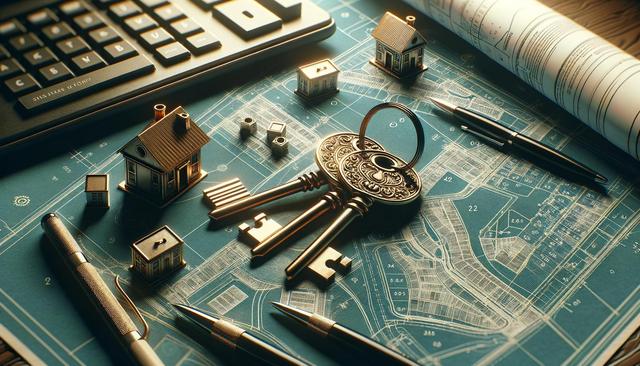What Is a Property Value Estimate?
A property value estimate is an assessment of how much a piece of real estate is worth at a given point in time. This estimate is typically based on a variety of factors such as location, market trends, physical condition, and comparable sales in the area. Whether you’re planning to sell your home, refinance your mortgage, or simply want to understand your asset’s worth, knowing your property’s estimated value can offer useful insights. It’s important to distinguish between an estimate and an official appraisal; while an appraisal is conducted by a licensed professional and used for legal or financial transactions, an estimate is a more informal valuation often used for personal reference or early-stage planning.
Property value estimates are commonly used by real estate agents, homeowners, and potential buyers to set or evaluate asking prices. They can also influence how much financing a lender is willing to offer. Given the dynamic nature of the real estate market, these estimates can fluctuate over time. For this reason, it’s a good idea to review your property’s estimated value regularly, especially if you’re considering making changes to your mortgage or selling your home.
Factors That Influence Property Value
Several variables contribute to determining the estimated value of a property. Some are within the homeowner’s control, while others are dictated by broader market conditions. Understanding these influences can help you better interpret an estimate and even take steps to increase your property’s value over time. Key factors include:
- Location: Proximity to schools, public transportation, shopping centers, and employment hubs often boosts value.
- Size and layout: The total square footage and the configuration of rooms can significantly affect the estimate.
- Condition: Well-maintained homes with recent upgrades or renovations typically receive higher value estimates.
- Market trends: Supply and demand, interest rates, and economic indicators all play a role in regional price fluctuations.
- Comparable properties: Also known as “comps,” these are recent sales of similar properties in the same area that help establish a baseline value.
Understanding these factors allows homeowners to make more informed decisions. For instance, investing in strategic home improvements or addressing deferred maintenance could positively influence your next property value estimate.
How to Get a Property Value Estimate
There are several ways to obtain a reasonably accurate estimate of your property’s value. Some methods are free and quick, while others involve professional services. Here are some of the most commonly used options:
- Online valuation tools: Many real estate websites offer automated valuation models (AVMs) that provide instant estimates based on public data and algorithms.
- Real estate agents: Local agents often conduct comparative market analyses (CMAs), which are more tailored than online tools and include insights based on recent sales.
- Professional appraisals: Though not always necessary for an estimate, hiring a certified appraiser can provide a highly detailed and accurate valuation.
- Property tax assessments: Local governments assess property values for taxation, which can serve as a rough indicator, although these figures may lag behind the current market.
Each method has its advantages and limitations. For example, online tools are convenient but may not account for unique property features, while an agent’s CMA can be more personalized but may differ between providers. Combining multiple approaches often results in a more balanced understanding of your property’s value.
When to Re-Evaluate Your Property’s Value
Property values are not static; they change over time due to market conditions and property-specific factors. Knowing when to reassess your property’s value can help you make better financial decisions. Here are a few situations when a new estimate can be especially beneficial:
- Before selling: Understanding your home’s current market value helps set a realistic and competitive asking price.
- Refinancing a mortgage: Lenders will typically require an up-to-date valuation as part of the approval process.
- Major renovations: Improvements like kitchen upgrades or additions can significantly impact your home’s value and should be reflected in updated estimates.
- Market shifts: Economic downturns or booms can alter neighborhood values, making it essential to reassess periodically.
- Property tax disputes: If you believe your home is over-assessed for tax purposes, a current valuation can support your case.
Being proactive about evaluating your property’s worth ensures you stay informed and ready to act when opportunities or challenges arise. It also helps you track the return on any investments made into your property over time.
Using Property Value Estimates Strategically
Beyond knowing what your home is worth, understanding how to use that information strategically can offer tangible benefits. From financial planning to investment decisions, a property value estimate is more than just a number—it’s a tool. Here are some practical ways to make the most of it:
- Equity calculation: Knowing your home’s value helps determine how much equity you’ve built, which is useful for borrowing or selling decisions.
- Home improvement planning: Estimates can guide which upgrades are likely to offer a good return on investment.
- Insurance coverage: Ensuring your property is adequately insured often requires an up-to-date valuation.
- Investment analysis: If you’re considering renting or flipping the property, a current estimate can help forecast potential returns.
Incorporating these estimates into your broader financial strategy ensures that your real estate assets are working effectively for you. Whether you’re a first-time homeowner or a seasoned investor, understanding the nuances of property valuation adds depth to your decision-making process.












